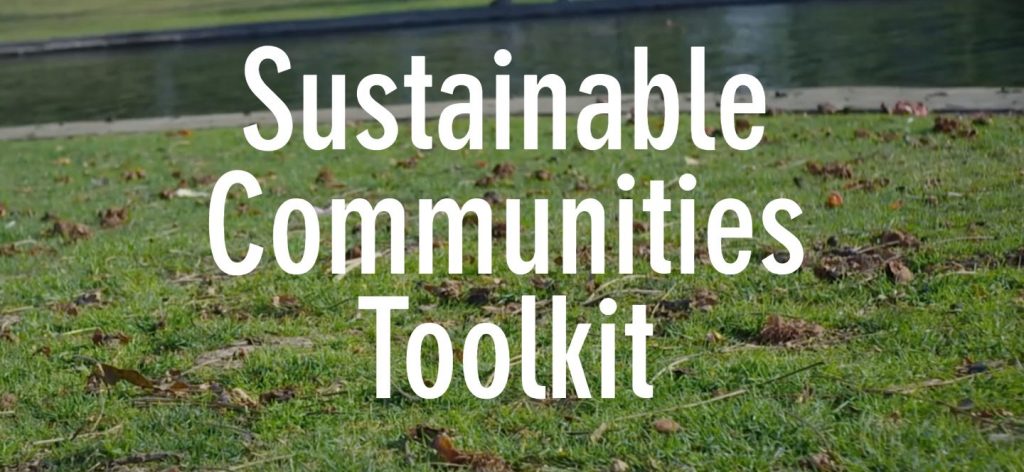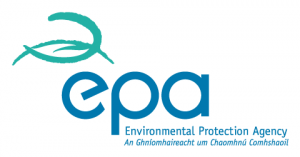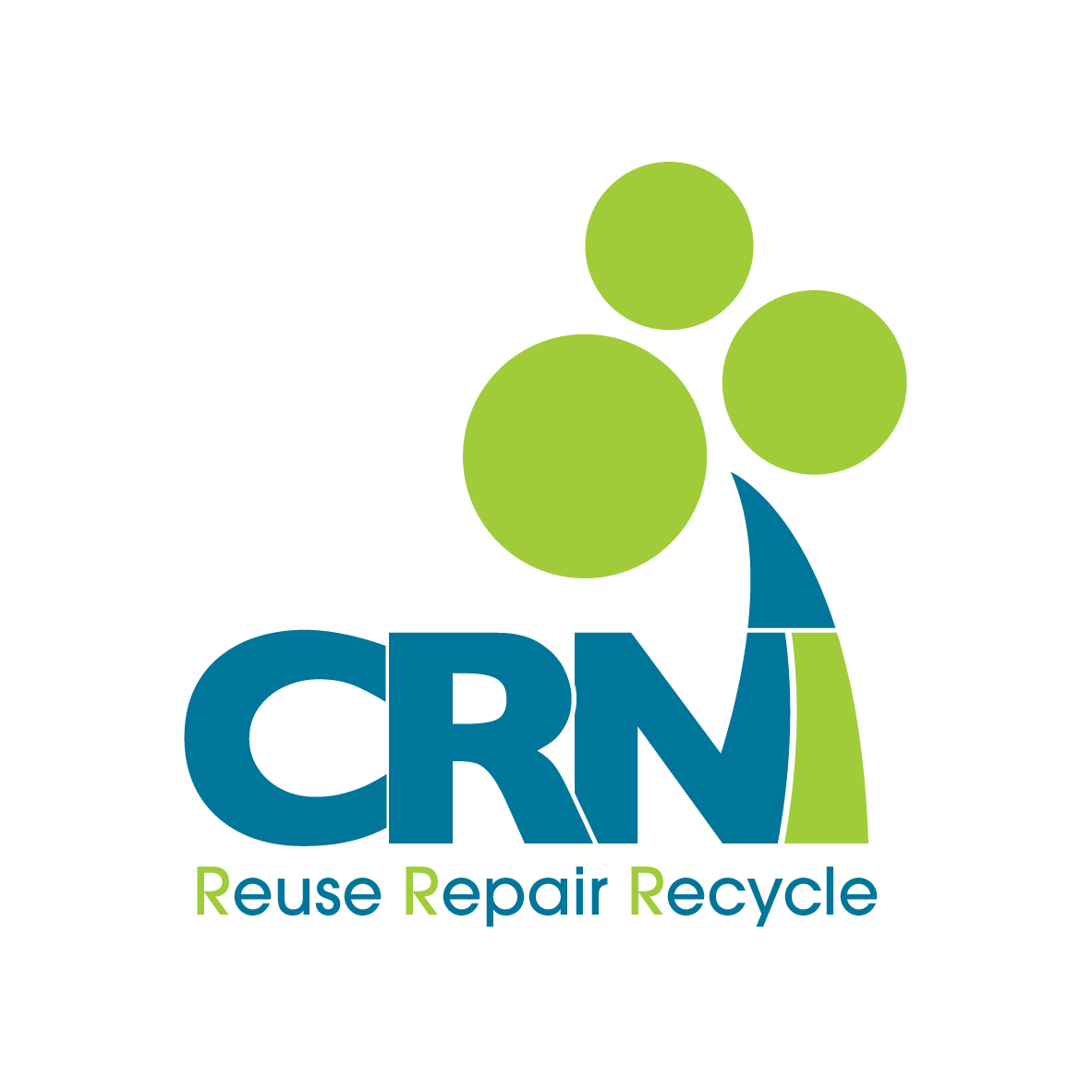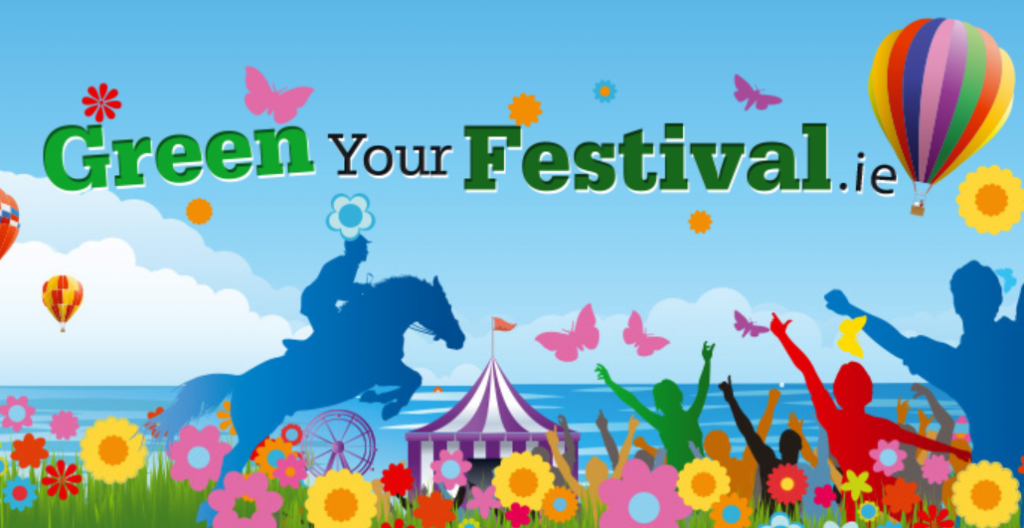REUSE TOOLKITS: COMMUNITIES
Inspiration and resources for communities to get involved in reuse.
These toolkits were developed by CRNI on behalf of the three Regional Waste Management Offices for National Reuse Month 2018.
Sustainable Communities

The Wheel’s online sustainable communities toolkit is full of ideas for incorporating actions that promote social, environmental and economic sustainability into the work that you do and the communities you work with. You can also download support materials to use alongside the toolkit.
Community Projects
Find out about VOICE’s Communities programmes including Conscious Consumption Communities
Sign up to our quarterly newsletter for more information on reuse and recycling and be part of Ireland’s only reuse and recycling network. For information about our privacy practices, see here.
Our funders

EPA Circular Economy Programme
CRNI supports its members and works to mainstream reuse thanks to core funding provided by the EPA under the Circular Economy Programme.
For more information about the programme see here.
Project Funding

Green + Social Virtual Trade Fair
CRNI’s Green + Social Virtual Trade Fair is funded by Ireland’s Regional Waste Management Plan Offices. This innovative virtual platform is open 24/7 and gives visitors the opportunity to explore green and social procurement opportunities provided by reuse, repair and recycling social enterprises and community-based organisations across Ireland.
Access the Green + Social Virtual Trade Fair here.

CRNI is the all island representative body for community based reuse, recycling and waste prevention organisations. We are funded by the EPA under the National Waste Prevention Programme and through membership contributions. CRNI is a proud member of the European RREUSE network.
Company Limited by Guarantee. Registered in Ireland No. 493039
Registered Charity No. 20077259
CHY No.19637
Latest Posts
- Embracing the Circular Economy in Ireland: The Role of Social Enterprises June 20, 2024
- We’re excited to introduce our new CRNI team! June 7, 2024
- We’re hiring! Executive Director & Network Manager April 9, 2024
- Gift an experience or shop preloved while supporting community causes with CRNI members December 5, 2023
Useful links
Contact Us
Community Resources Network CLG
Registered office:
The Tara Building11-15 Tara Street
Dublin 2
D02 RY83
Phone: +353 87 173 5184
Email: [email protected]
© Community Resources Network Ireland. All Rights Reserved.


